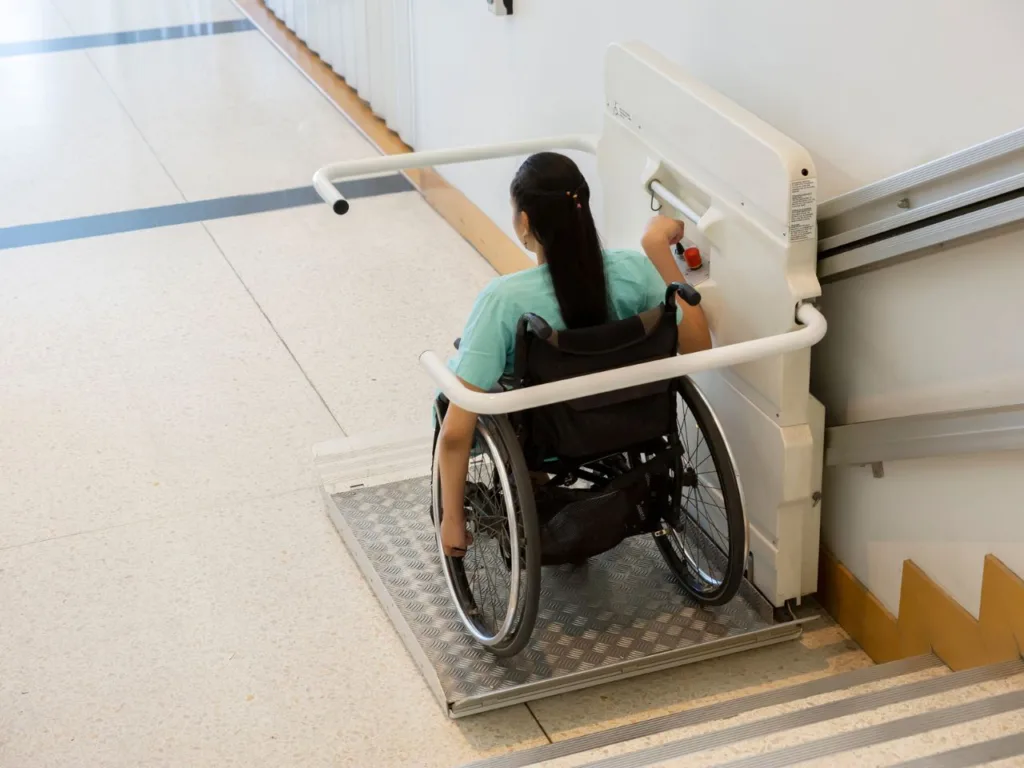Updated on November 7, 2024

A phobia is an example of an anxiety disorder that makes an individual experience extreme fear as regards a situation, object, or place.
Many times, people with phobias often tailor their lives to avoid what they consider dangerous.
When faced with a phobia, a person can experience intense distress and this can prevent them from functioning properly, thereby leading to a panic attack.
Here are 6 interesting facts you should know about phobias:
1. Fears and Phobias are not the same thing
You may feel a bit scared or jumpy if you see a wall gecko crawling on the walls of your house. That does not mean that you have a wall gecko phobia. The fear is just an instant reaction.
But intentionally avoiding wall geckos, means that you have a phobia for them, such that, you are actively cleaning and clearing and taking precautions to avoid wall geckos in your space.
It then becomes a routine such that these individuals spend too much time thinking of how to avoid them, and it starts to consume their lives and time.
2. Some phobias didn’t use to exist
While there have been some phobias that are as old as time itself, others are very much new and recent. For example, there has been a big rise in “Nomophobia”– (the fear of not having your phone on you).
People with nomophobia tend to feel intense anxiety when their phones are running out of battery, data, or even when it is out of sight. A recent survey conducted in June 2024, also states that on average, people check their phones 58 times a day.
3. There are over 400 phobias in the world
Individuals can have various phobias of literally anything, as there are over 400 phobias in the world.
However, a few are more common than the others, and they include phobias such as the fear of heights (acrophobia), the fear of dogs (cynophobia), the fear of needles (trypanophobia), the fear of germs (mysophobia) and the fear of flying (aviophobia) to mention a few.
4. Some phobias may sound strange
Some phobias are seemingly strange and sound weird, like the fear of beautiful women (caligynephobia), the fear of cheese (turophobia), and the fear of developing a phobia (phobophobia).
These are already existing types of phobias that may sound weird or strange. There is also a phobia of long words “hippopotomonstrosesquipedaliophobia” and a phobia of no matter what it is you are doing, a duck is watching you – “Anatidaephobia”.
5. Phobias may be passed down in the DNA
The most recent research on phobias has concluded that almost 50% of phobia development can be attributed to genetic loading.
Have you ever wondered why, even as an individual, you have never had any traumatic public speaking experience but yet, when the thought of speaking publicly comes, you still struggle to catch your breath?
As unrealistic as it may sound, experts have concluded that this may be related to an experience one of your ancestors may have had, and as a result, may have been passed on in your DNA.
6. Phobias can be treated
The good news is that phobias can be treated. And to find the right treatment, seeking the help of a medical practitioner is the most advisable.
A method that is used successfully under guidance is Exposure Therapy.
This is also known as cognitive-behavioral therapy. It is when the medical practitioner recommends that the individual starts by thinking about their phobia. Then, they are presented with a photo of their phobia and gradually can be in the same space as with their phobia until they can eventually touch or hold it.
Conclusion
It is very okay to have phobias, but looking out for how they can be treated is very important because it tends to consume individuals in the long run.
Also, it is important to note that phobias can be successfully treated, so speaking up may be the next right thing to do.
MORE FROM CENTRE DISABILITY SUPPORT
Top 100 Weirdest Phobias and Their Meanings
Is Anxiety A Disability in Australia?
20 Things Not To Say To Someone With Anxiety
STATISTICS ON DISABILITY IN AUSTRALIA
Barriers to Accessing Disability Support Services in Australia



